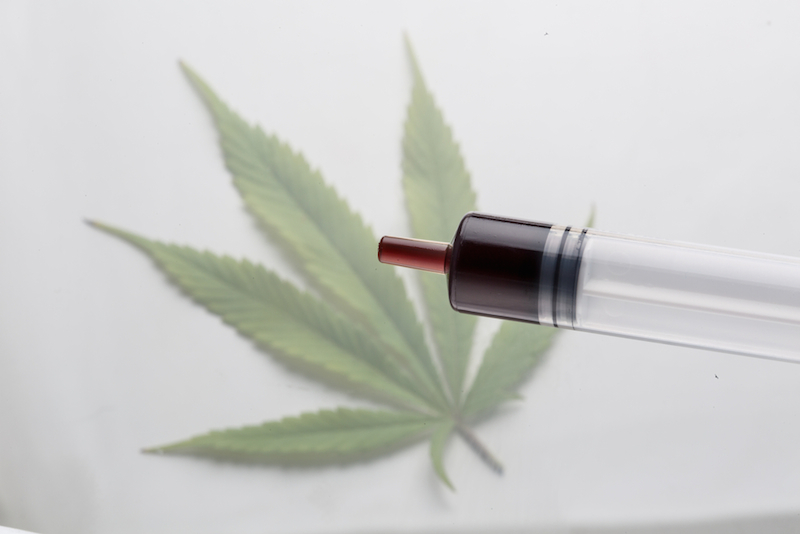Pediatricians Oppose Medical Marijuana, with Some Exceptions

Get the world’s most fascinating discoveries delivered straight to your inbox.
You are now subscribed
Your newsletter sign-up was successful
Want to add more newsletters?
Join the club
Get full access to premium articles, exclusive features and a growing list of member rewards.
Although a number of states have legalized marijuana for medical or recreational reasons in recent years, a leading group of U.S. pediatricians says it opposes such legalization, over concerns that these laws could be harmful to children.
However, the group says that in some cases, some of the chemical compounds contained in marijuana could be used to treat children with debilitating diseases.
The recreational use of marijuana is now legal in Washington, Colorado, Oregon, Alaska and the District of Columbia. Although none of these places allows the drug to be sold to children or teens, making marijuana available to adults could increase the access that teens have to the drug, according to a policy statement released today (Jan. 26) by the American Academy of Pediatrics.
"Just the campaigns to legalize marijuana can have the effect of persuading adolescents that marijuana is not dangerous," Dr. Seth D. Ammerman, a member of the AAP Committee on Substance Abuse, said in a statement. [Maps: Where Americans Smoke and Grow Marijuana]
Still, laws that legalize marijuana for recreational use are relatively new, and it's not clear what the true effect on teens will be, the AAP said. For this reason, the group is against legalization, but supports the idea of conducting studies into the effect of these laws, to better understand the laws' impact on teen use.
The AAP also recommends that in states where marijuana use is legal, there should be strict regulations that limit the marketing and advertising of the products to youth. States that legalize marijuana should prohibit the sale of the drug to those under age 21, the AAP said.
The AAP also opposes the use of marijuana for medical purposes, except for drugs that are approved by the Food and Drug Administration. Currently, there are two FDA-approved drugs that contain synthetic cannabinoids, which are compounds similar to the active ingredients in marijuana.
Get the world’s most fascinating discoveries delivered straight to your inbox.
Some studies suggest that cannabinoids may be helpful for adults with certain medical conditions, but no studies have been done in children, so more research is needed to determine the effectiveness and dosing of the drugs in young people, the AAP said.
However, the AAP said that exceptions for using cannabinoids may be made for children with debilitating or life-limiting diseases, as these children may benefit from cannabinoid medication and may not be able to wait for a lengthy research process to prove the drugs' effectiveness.
In teens, marijuana use is linked with a number of negative consequences, including impaired short-term memory and decreased concentration, which may interfere with learning, the AAP said. Temporary alterations in reaction time and motor control while under the influence of marijuana may also contribute to deaths and injuries among teens, especially if the teen is driving a car while under the influence. Some studies have also found that marijuana use in adolescence is linked with lower odds of graduating from high school.
The AAP's previous policy statement on marijuana was released in 2004, and also opposed the legalization of the drug.
Follow Rachael Rettner @RachaelRettner. Follow Live Science @livescience, Facebook & Google+. Original article on Live Science.

Rachael is a Live Science contributor, and was a former channel editor and senior writer for Live Science between 2010 and 2022. She has a master's degree in journalism from New York University's Science, Health and Environmental Reporting Program. She also holds a B.S. in molecular biology and an M.S. in biology from the University of California, San Diego. Her work has appeared in Scienceline, The Washington Post and Scientific American.
 Live Science Plus
Live Science Plus










